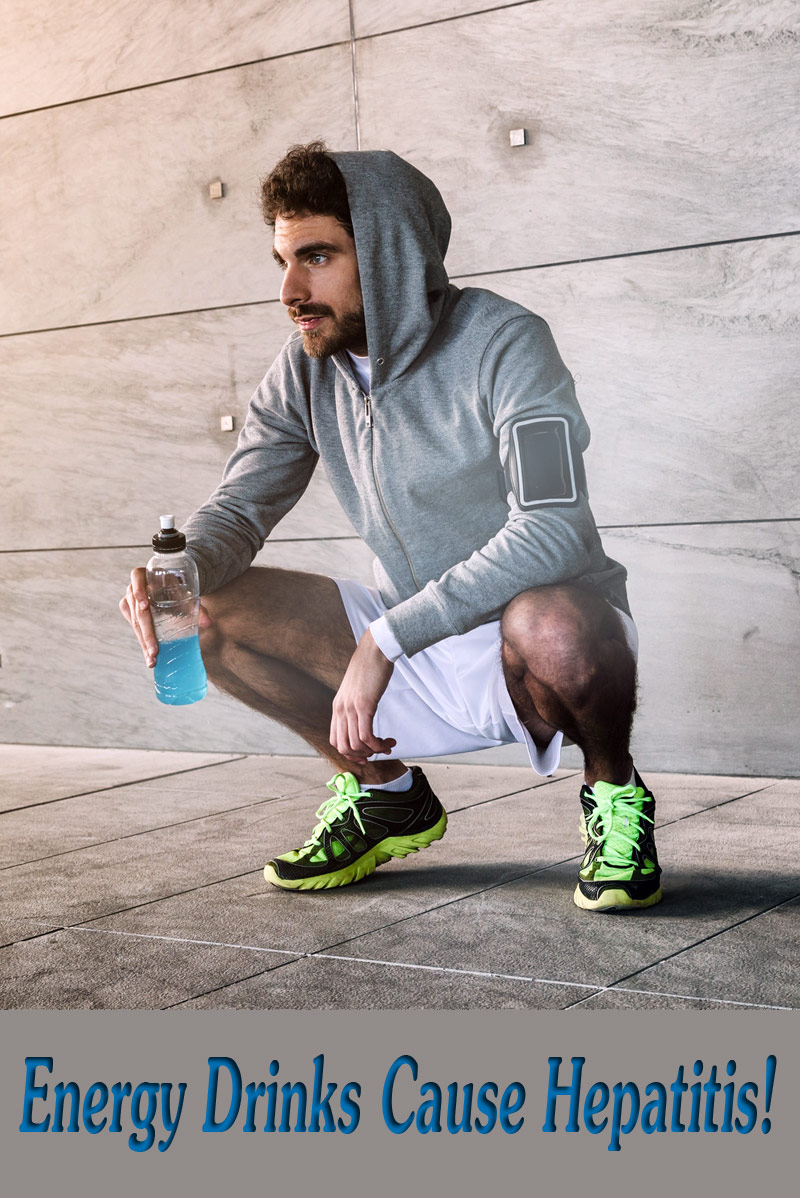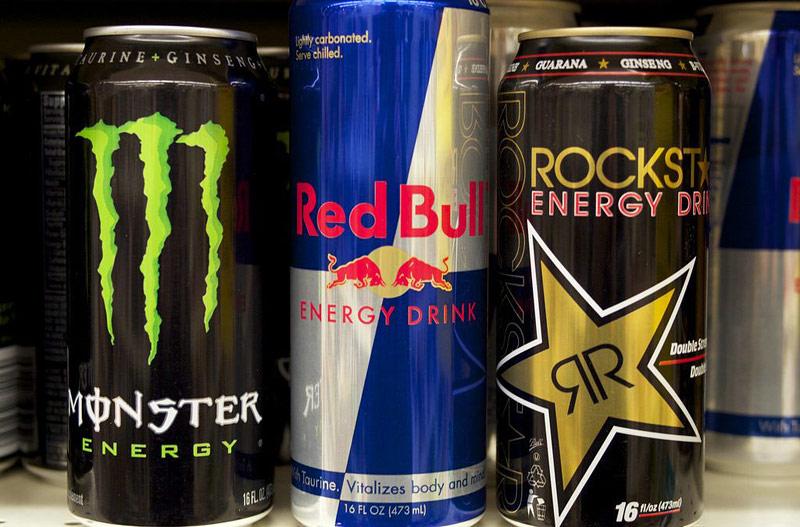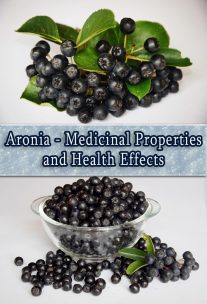
A 50-year-old construction worker drank 4 to 5 energy drinks daily during three weeks and has been diagnosed with developing acute hepatitis, a disease whose main characteristic is inflammation of the liver. Even though similar situations have occurred before, this incident exemplifies the often neglected negative effects of excess niacin intake.
One study published in the British Medical Journal explains why consumers need to extra cautious and aware of all the ingredients that are found in popular foods and drinks and to limit the excess intake of dietary supplements. The doctors treating the man who has chosen to remain anonymous, believe that this sudden appearance of hepatitis was due to his over-consumption of energy drinks, which meant consuming relatively huge amounts of vitamin B3, which is also known as niacin.
Being a construction worker he had a very physically demanding workday. So he began drinking energy drinks to sustain the necessary energy levels. Aside from drinking copious amounts of energy drinks, he did not change any of his usual eating habits and drinking habits. It did not take long before he began experiencing unusual fatigue and pain in the abdominal section.

He then started to experience nausea and started vomiting, but he thought that he had caught the flu. The alarm went off when he noticed his urine turning dark and his skin yellow, a condition known as jaundice. After this, he immediately went to the emergency department.
A thorough physical examination confirmed the development of jaundice and the right upper abdominal area becoming more tender, while the lab tests showed high transaminases levels, which are liver enzymes that indicate a damage and are evidence of developing a chronic hepatitis C infection. When the doctors made liver biopsy they saw that he had severe hepatitis.
The doctors who treated him think that hepatitis developed due to his excessive consumption of energy drinks, with niacin being the main cause as the key ingredient. Though the man’s daily intake of 160 to 200 milligrams was below the toxic level, the accumulation of niacin over three weeks was enough to do damage; the same thing happened years ago to a woman who drank 10 energy drinks daily for two weeks, reports Medical News Today.
Niacin is toxic to the liver, according to the National Institute of Health (NIH). Even normal doses can cause mild-to-moderate elevations in liver enzyme levels in blood — a symptom of liver toxicity. High doses of niacin can cause sudden liver failure or death. Taking niacin with other B vitamins, alcohol, or supplements increases these risks.
The doctors say that the real problem was that the energy drinks became toxic because of the accumulation effect. Each energy drink bottle had around 40 mg of niacin, which is about 200 percent of the RDA (Recommended Daily Value).
What brand he drank exactly was not listed, however well-known energy drinks that contain niacin are Rockstar, Monster, and Red Bull and many other energy drinks. It is not always on the label and the amount may be inaccurate. It may be hidden in a “proprietary blend” of B-vitamins.The man was instructed to stop drinking all energy drinks and to avoid any similar products that have a high niacin content.

The energy drink industry is a big business and continues to expand exponentially. That’s why consumers need to be aware of the potential risk the ingredients in those drinks pose. Some nutrients and vitamins, like niacin, are present in amounts that greatly exceed the daily recommended intake, which over a certain period of time can accumulate in the body in toxic amounts.
Niacin can be found in lots of energy drinks and if it’s taken in moderate amounts it can help you improve your cholesterol levels, maintain the health of your skin, it can lower cardiovascular risk, it can cure headaches and even improve liver function. However, if taken in high quantities, it can make you nauseous, upset your stomach, cause muscle breakdown and produces abnormal enzyme levels in the liver.
Niacin can also be found in natural foods like meat, milk, fish, eggs, nuts, yeast, vegetables and beans. Niacin deficiency is very rare in developed countries, which is the main reason why doctors do not advise self-medicating with niacin.
This article deliberately used the word “develop” instead of “contract” in order to give a better distinction between hepatitis that is transmissible and hepatitis that is caused by various substances like, drugs, alcohol, toxins, different nutrient overdoses, ischemia, and viruses.





Leave a Reply